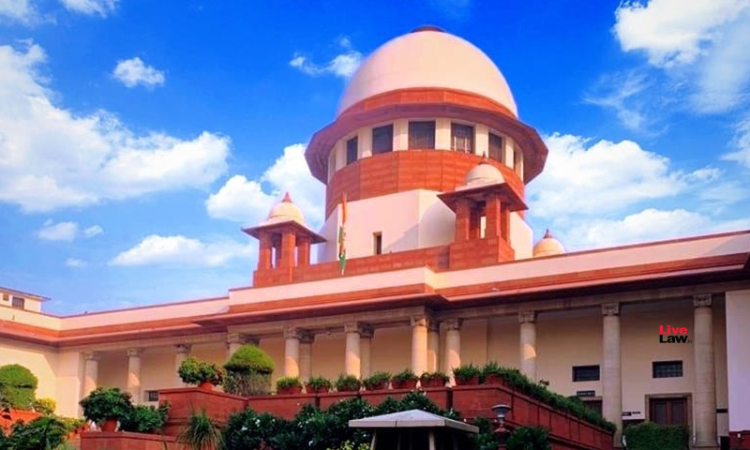When Does Land Acquisition Proceedings Start Under 1894 Act For The Purposes Of Section 24(1) RFCTLARR Act? SC Continues Hearing
Mehal Jain
21 April 2022 3:55 PM IST

Next Story
21 April 2022 3:55 PM IST
The Supreme Court on Wednesday resumed hearing on a string of petitions raising the question whether the expression "proceedings" in section 24(1) of the 2013 Land Acquisition Act is to be reckoned from the date of notification under Section 4 of the Land Acquisition 1894 or with the date of notification under Section 6 of the old Act.Section 24 is titled 'Land acquisition process under Act No...
